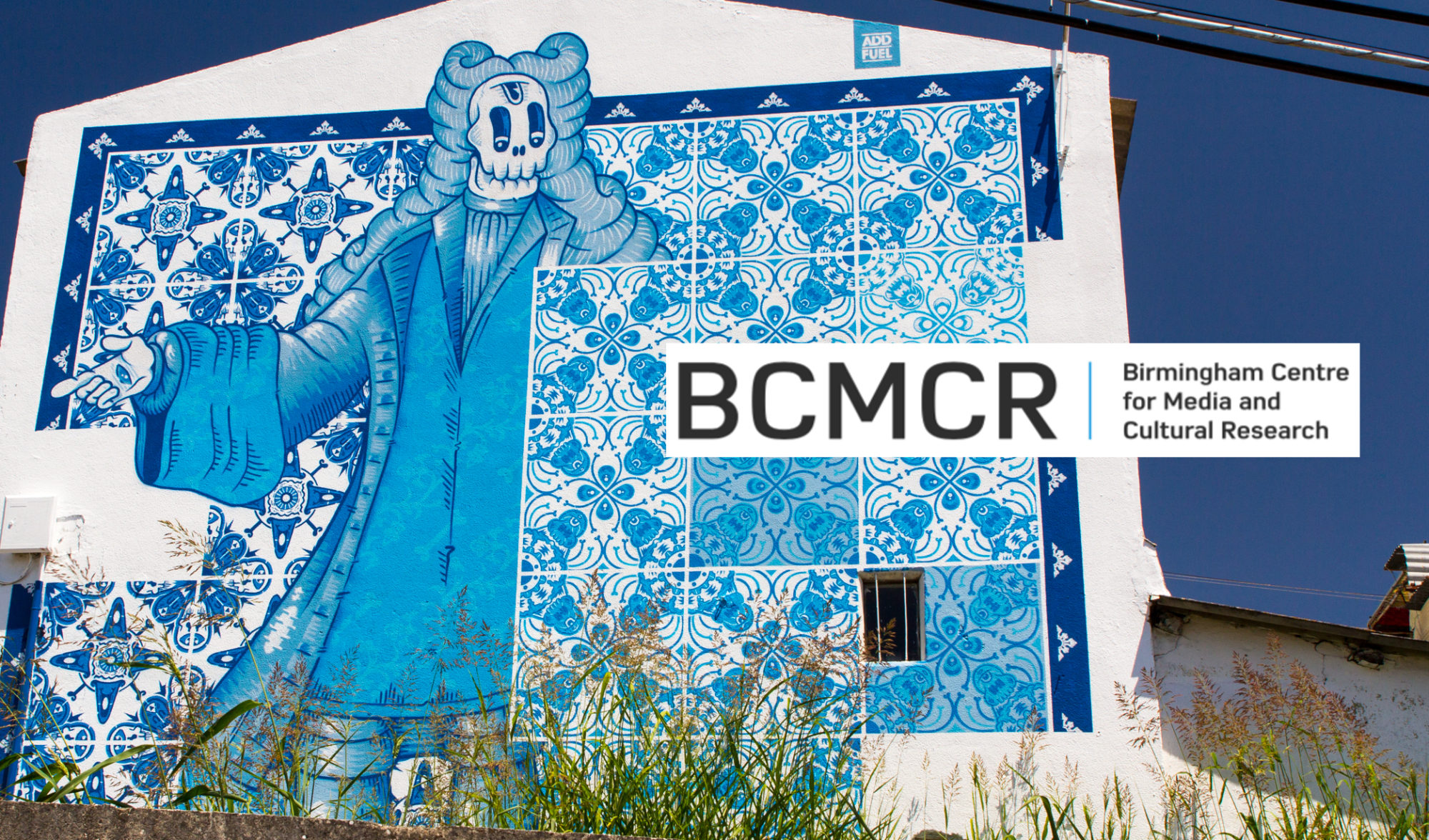The Nottingham Contemporary, a gallery/exhibition space in Nottingham, hosted the On Translation conference from 16 to 17 February 2018.
In these posts (find part 1 here) I’ll give a brief overview of what went on and tease out some of the key questions that it raised for our cultural translation research theme.
Stefan Nowotny | The Ambivalence of Translation, or: The Foreclosed Middle
The conference on Saturday 13 Feb started with Stefan Nowotny’s keynote lecture on translation. Nowotny’s main argument aimed at critiquing common-sense understandings of translation. This helped frame the conference as an event that would examine translation in terms of ‘a space of criticality’. Nowotny made some interesting claims about translation that I want to unpack in this post, as I think they flag up some of the issues around translation, and by extension the idea of cultural translation, relevant to the cluster.
Nowotny first of all sets out a day-to-day understanding of translation. Translation, in our common-sense understanding, is supposed as a process of communication through which an equivalent is found in a ‘destination’ language for a word in a ‘source’ language. He thinks it makes the following four assumptions:
- Unity of language allows for unimpeded communication – in other words, the ‘source’ language, and indeed the ‘target’ language, are considered to be secure, stable, and united entities, and that intra-lingual communication is totally straightforward and fluid.
- Within day-to-day communication, translation is considered a secondary activity. Most of the time, goes the assumption, we communicate freely within our own language and never think of translating anything unless we come up against a language we don’t know.
- What Nowotny describes as ‘linguistic difference’ is understood very simply as the idea that a ‘source’ language differs from a ‘target’ language.
- The goal of all translation is equivalence – to find an equivalent meaning (or one near enough) for one word in another language.
Nowotny then takes these assumptions to task. The first assumption, in Nowotny’s eyes, is in error becauselanguages are not stable or unified entities. Even a cursory understanding of language will tell you that languages shift and change over time, are full of internal differences, like dialects, and also internal change, like the incorporation of new elements from other languages. But Nowotny claims that in fact a language doesn’t exist as an unified body, at least not an abstract entity that is external to a person, selected from and used by individual agents. Quite the reverse: he sees language as emerging in specific social groups and determined by a specific social context in the first instance, and then mistaken as an abstract, unified body afterwards.
This reversal draws on a re-reading of the relationship between the Saussurean ideas of langue, parole, and langage. If social relationships are prior to the conversations that take place within them, viewing ‘language’ as a unified and abstract body ignores those relationships. In the context of translation, he argues, this view leads to a degree of social erasure, which can be problematic (as Vasquez’s seminar set out).
I have a hunch that part of the issue with critiquing a common-sense understanding of translation in this way is that it doesn’t leave much wiggle room for translation as an actual practice. What do translators and interpreters do then, and what should they do, if our common-sense understanding of translation is incorrect? Even potentially violent? Does translation or interpreting ever actually truly work, or are we doomed to continual species-wide misunderstanding? Is a degree of social/relational erasure something that takes place in every communicative act? Or is it, as Nowotny appears to argue, something specific to a dominant practice of translation and therefore something we can avoid (perhaps with new practice)? Nowotny, sadly, didn’t have time to really flesh out answers these questions.
However, while his paper might seem to throw the concept of ‘translation’ (and by extension of ‘cultural translation’) out with the conceptual bathwater, for me he also helps draw attention to the ubiquitousness of translation itself.
Nowotny’s critique of assumption no. 2 (that people engage in translation only when languages are different) is thought-provoking. He argues that intra-lingual translation happens on a daily basis. The experience of seeking an alternative for a word appropriate in one context but not in another is a humdrum feature of interpersonal communication. Indeed, from a psychoanalytic perspective the ‘translation’ of bodily impulses into language is a formative human experience. So, while ‘translating’ may not be as straightforward as we think, the idea that this potentially fraught activity is nonetheless an part of everyday life is at the very least an interesting proposition.
